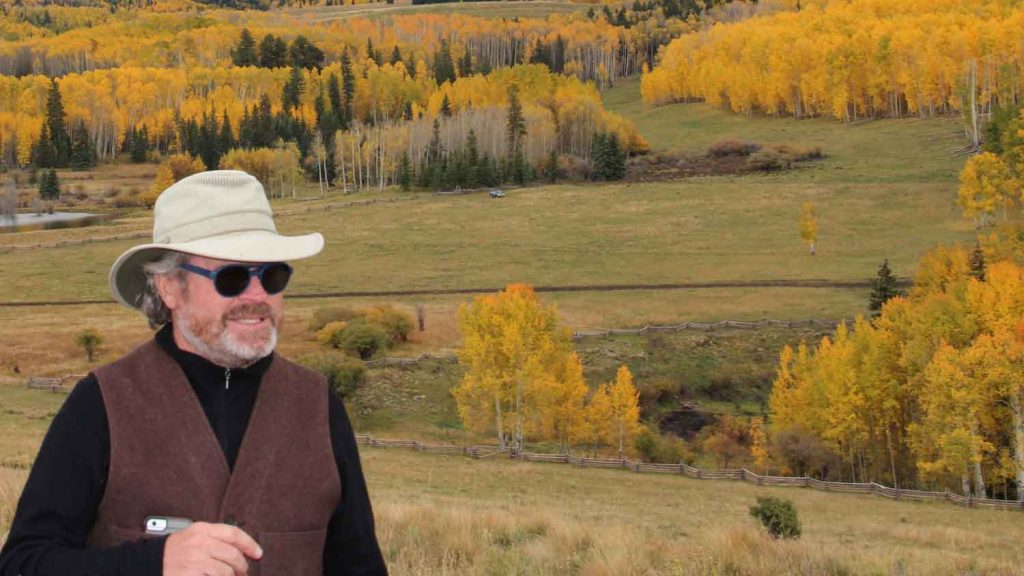From the age of one, Jack Castle joined his dad and friends in hunting birds and big game around the world. His father owned cattle businesses in Montana and Texas, as well as fish farms on the Gulf Coast. Castle recalls some of his earliest and fondest memories as traveling with his dad, bonding over shooting and killing animals.
Today, Castle lives a very different life; no longer does he poach big game, small game, birds, or any other creature, and he will not be teaching his children to do so, as his dad taught him.
Together with his wife Shushana Castle, the fourth generation Texan is now an advocate for veganism, healthy living, and compassion. According to Castle, it was meeting Shushana that led him to question the way he lived his life.
A co-executive producer of the plant-based documentary “What the Health,” released in 2017, Shushana believes a vegan lifestyle can reduce the risk of life-threatening diseases such as cancer and heart disease. She has interviewed countless medical professionals who feel the same way and has even written a book, “Rethink Food, 100+ Doctors Can’t Be Wrong,” to convince others to go plant-based.

But it goes one step further than health; Castle also cares about the environment and the animals that rely on it, dedicating his 900 acres of land to conservation. The land will be “forever wild,” according to a press release, allowing wildlife and ecosystems to flourish without hindrance from human developments.
“Letting go of ranching and hunting is the ultimate respect to give the animals and it feels great in the heart. Respect extends to all life, especially factory-farmed animals,” Castle said in a statement.
Texas Is Embracing Vegan Food
As a state, Texas is becoming more vegan-friendly. Last year, plant-based Mexican pastry chef Vanessa Musi opened a cooking school and bakery in Austin. In the same city, plant-based fast food joint Next Level Burger opened a new restaurant in July.
In June, the state’s first-ever vegan butcher Hip Peaz Vegan Eats, based in San Antonio, revealed it couldn’t keep up with the surge in demand for plant-based meats.
Even the sports stadiums are becoming more vegan-friendly. In March 2018, the Texas Rangers Stadium premiered new vegan options including nachos topped with Beyond Meat crumbles.
Cattle Farmers Turn Their Backs on Farming Animals
Castle isn’t the only Texan rancher who has had a change of heart. The Rowdy Girl animal sanctuary in Angleton was founded by Renee-King Sonner, the wife of a multi-generational cattle rancher.
Sonnen couldn’t bear to send the cows off to slaughter, and so she founded the sanctuary on the ranch’s land. Her husband also turned vegan, and together they care for rescued chickens, cows, sheep, ducks, horses, and goats.
In the UK, some farmers have also turned their back on cattle farming. Beef farmer Jay Wilde could no longer ignore the guilt he felt sending his animals off to slaughter and so he donated his cows to an animal sanctuary and turned to more sustainable farming methods. Wilde’s story is the subject of the BAFTA-winning 2018 documentary “73 Cows,” the film has been viewed by tens of thousands of people.


